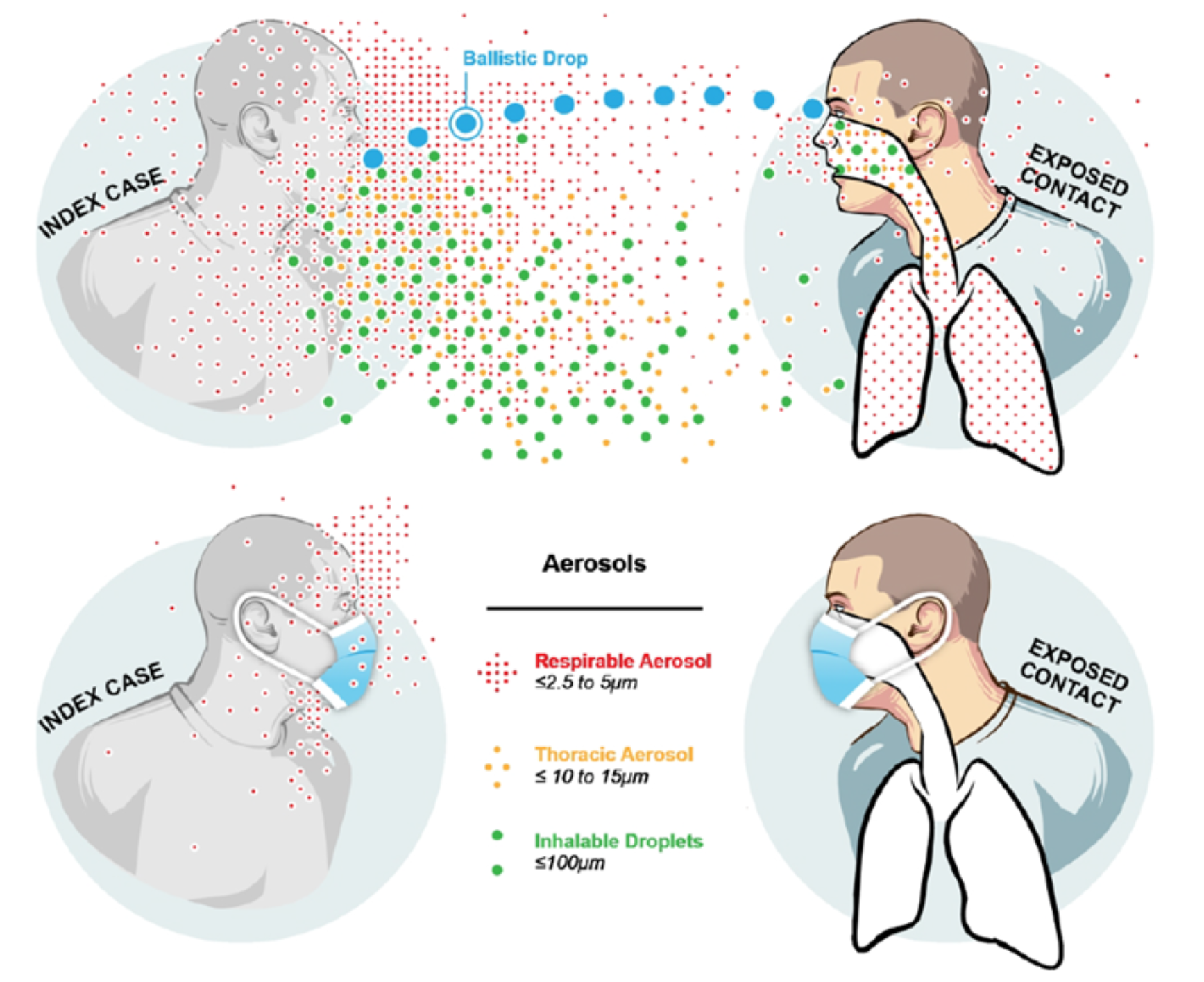Colon cancer exercise benefits are gaining attention in the medical community, highlighting the significant role physical activity plays in improving outcomes for colon cancer patients. Regular exercise after cancer treatment has been shown to enhance the survival rate among those diagnosed with stage 3 colon cancer, narrowing the gap between these patients and the general population. Engaging in physical activity not only helps in managing health post-treatment but also contributes to the overall health benefits of exercise, promoting a healthier lifestyle. Research indicates that colon cancer patients who maintain higher activity levels exhibit better long-term survival rates compared to their less active counterparts. By incorporating exercise into their routine, survivors not only improve their physical well-being but also optimize their chances for longevity and quality of life.
The advantages of incorporating exercise into the lives of individuals recovering from colon cancer are becoming increasingly apparent. For survivors, engaging in consistent physical movement significantly lowers the risks of complications and boosts overall health measures, leading to remarkable shifts in their recovery journey. Research has revealed that post-treatment physical activity for those battling colon cancer is not merely beneficial—it often correlates with improved survival statistics when compared to those with sedentary lifestyles. Additionally, exploring the multifaceted realm of fitness during cancer recovery can illuminate the powerful connection between an active lifestyle and enhanced quality of life for patients. By prioritizing movement and fitness, colon cancer survivors can take proactive steps toward reclaiming their health and well-being.
The Importance of Physical Activity for Colon Cancer Survivors
Physical activity plays a crucial role in enhancing the quality of life for survivors of colon cancer. Research has shown that regular exercise not only improves physical health but also supports emotional well-being, helping patients cope with the aftermath of cancer treatments. Activities such as walking, swimming, and cycling can significantly reduce feelings of anxiety, depression, and fatigue commonly experienced by cancer survivors. Furthermore, staying active encourages social interaction, which is essential for mental wellness during recovery.
Moreover, physical activity is closely linked to the overall survival rates of colon cancer patients. Studies indicate that survivors who engage in consistent exercise have a better chance of living longer compared to those with sedentary lifestyles. Engaging in just 10 to 20 minutes of exercise daily, as highlighted by researchers, can lead to meaningful improvements in health outcomes.
Frequently Asked Questions
What are the health benefits of exercise for colon cancer patients?
Engaging in regular physical activity post-treatment has numerous health benefits for colon cancer patients. Research indicates that exercise can significantly improve long-term survival rates, helping patients bridge the survival gap between themselves and the general population. Increased activity levels are associated with reduced mortality risks, enhanced physical function, and overall well-being.
How does physical activity affect survival rates of colon cancer survivors?
Physical activity after cancer treatment plays a crucial role in increasing survival rates among colon cancer survivors. Studies show that those with higher activity levels (18 or more MET-hours per week) had survival rates closer to the general population compared to patients with low activity levels. Exercise not only improves physical health but also enhances emotional well-being, which could contribute to longevity.
Can exercise after cancer treatment help reduce disparities in survival rates?
Yes, exercise after cancer treatment can significantly reduce disparities in survival rates. Research has shown that colon cancer patients who maintain higher activity levels experience survival rates much closer to those of matched individuals in the general population. This suggests that consistent physical activity may help equalize health outcomes for colon cancer patients.
What type of physical activity is recommended for colon cancer survivors?
Colon cancer survivors are encouraged to engage in moderate to vigorous physical activity, such as walking, swimming, or cycling. Aim for at least 150 minutes of moderate exercise weekly, as this can boost overall health and is linked to better survival outcomes. Even small amounts of exercise, like 10 or 20 minutes, are beneficial.
How does exercise impact colon cancer recurrence rates?
Exercise has been shown to improve outcomes even in cases of cancer recurrence. Colon cancer patients with higher activity levels exhibited lower overall survival rates compared to the general population, while those with low activity levels faced significantly higher risks. Thus, remaining physically active can help improve prognosis even for those experiencing cancer recurrence.
What should colon cancer patients consider when starting an exercise program?
Colon cancer patients beginning an exercise program should consider starting slowly and consulting with their healthcare team. It is important to listen to one’s body, gradually increasing the intensity and duration of activities. Incorporating enjoyable activities can also improve adherence to regular physical exercise.
Is there a specific exercise routine recommended for colon cancer survivors?
While there isn’t a one-size-fits-all routine, colon cancer survivors are generally recommended to engage in a mix of aerobic and strength training exercises. Aerobic exercises improve cardiovascular health and metabolism, while strength training enhances muscle mass and physical function. Specific guidance from healthcare professionals can help tailor a suitable routine.
How soon after treatment can colon cancer patients start exercising?
Colon cancer patients are often encouraged to start exercising as soon as they feel ready after treatment. It is essential to receive medical advice tailored to individual circumstances, as some may need more recovery time than others. Gradual introduction to exercise can aid in recovery and improve subsequent quality of life.
What are some examples of moderate physical activities for colon cancer patients?
Examples of moderate physical activities suitable for colon cancer patients include brisk walking, swimming, cycling, gardening, and participating in group fitness classes. These activities not only promote cardiovascular health but also enhance mental well-being, which is vital during recovery.
What role does mental health play in the exercise benefits for colon cancer patients?
Mental health is closely linked to the benefits of exercise for colon cancer patients. Regular physical activity can help reduce stress, anxiety, and depression, all of which can negatively impact recovery and survival. By improving mood, exercise indirectly supports better health outcomes and encourages a more active lifestyle.
| Key Point | Details |
|---|---|
| Impact of Exercise | Regular physical activity after treatment for stage 3 colon cancer may reduce survival disparities between cancer patients and the general population. |
| Survival Rates | Patients with low activity levels had survival rates 50.5% lower compared to the general population, while those with high activity levels had survival rates closer to that population. |
| Study Background | The study analyzed data from NCI-sponsored clinical trials involving stage 3 colon cancer patients, focusing on self-reported physical activity during and after treatment. |
| MET-hours Explanation | Physical activity was measured in MET-hours. For instance, walking an hour most days equals about 18 MET-hours of activity. |
| Age Group Benefits | Increased activity levels were associated with better survival rates across all age groups. |
| Encouragement to Exercise | Some exercise is better than none, and even short bouts of exercise can offer benefits. |
| Recurrence and Exercise | Active patients experienced better survival outcomes even with cancer recurrence, demonstrating the benefits of exercise regardless of disease status. |
Summary
Colon Cancer Exercise Benefits are significant, as regular physical activity has been shown to improve long-term survival rates for stage 3 colon cancer survivors. This study highlights that engaging in exercise not only narrows the survival gap between cancer patients and the general population but also contributes to better outcomes regardless of cancer recurrence. The findings emphasize the importance of maintaining an active lifestyle post-treatment, offering hope and a proactive approach for colon cancer survivors.



